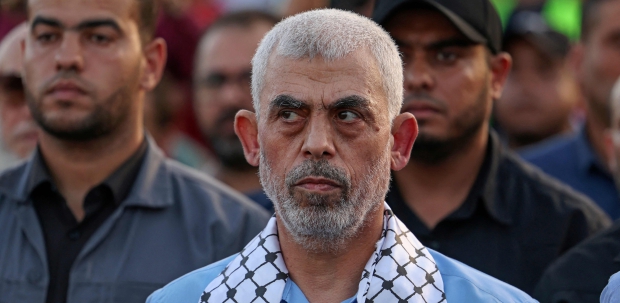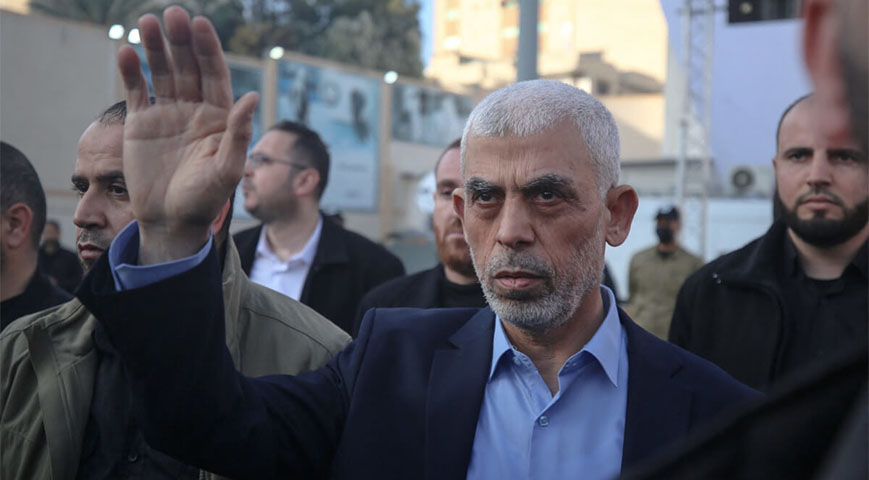Israel has vowed to eliminate Yahya Sinwar, the new Hamas chief, regarded as the mastermind behind the October 7 attack, escalating tensions as the Gaza war enters its 11th month.
Sinwar's appointment follows the killing of his predecessor, Ismail Haniyeh, in Tehran. Prime Minister Benjamin Netanyahu emphasized Israel's readiness for defense and offense, with Army chief Lieutenant General Herzi Halevi promising to find and attack Sinwar.

Sinwar, Hamas's Gaza leader since 2017, has remained unseen since the October 7 attack, the deadliest in Israel's history. A senior Hamas official stated that Sinwar's selection signals continued resistance.
Analysts believe Sinwar's leadership makes a Gaza ceasefire even less likely, as it aligns more closely with Tehran than Haniyeh.
US Secretary of State Antony Blinken and other global leaders have called on Sinwar to facilitate a ceasefire. Civilians in both Israel and Gaza express unease over his appointment, fearing heightened conflict.
Hezbollah, Hamas's ally, has vowed to avenge Haniyeh's death and that of its commander Fuad Shukr in Beirut. Hezbollah leader Hassan Nasrallah promised retaliation, potentially escalating regional hostilities. The US and France have urged restraint to prevent further escalation.
The Gaza conflict has already drawn in Iran-backed militants from Syria, Lebanon, Iraq, and Yemen. The October 7 Hamas attack killed 1,198 people and saw 251 hostages taken. Israel's retaliatory strikes have resulted in over 39,677 deaths in Gaza, creating a severe humanitarian crisis.
Israel's Finance Minister Bezalel Smotrich faced international condemnation for suggesting it might be justified to starve Gaza to free hostages. The EU, France, and the UK criticized his remarks as showing contempt for international law and humanity.









